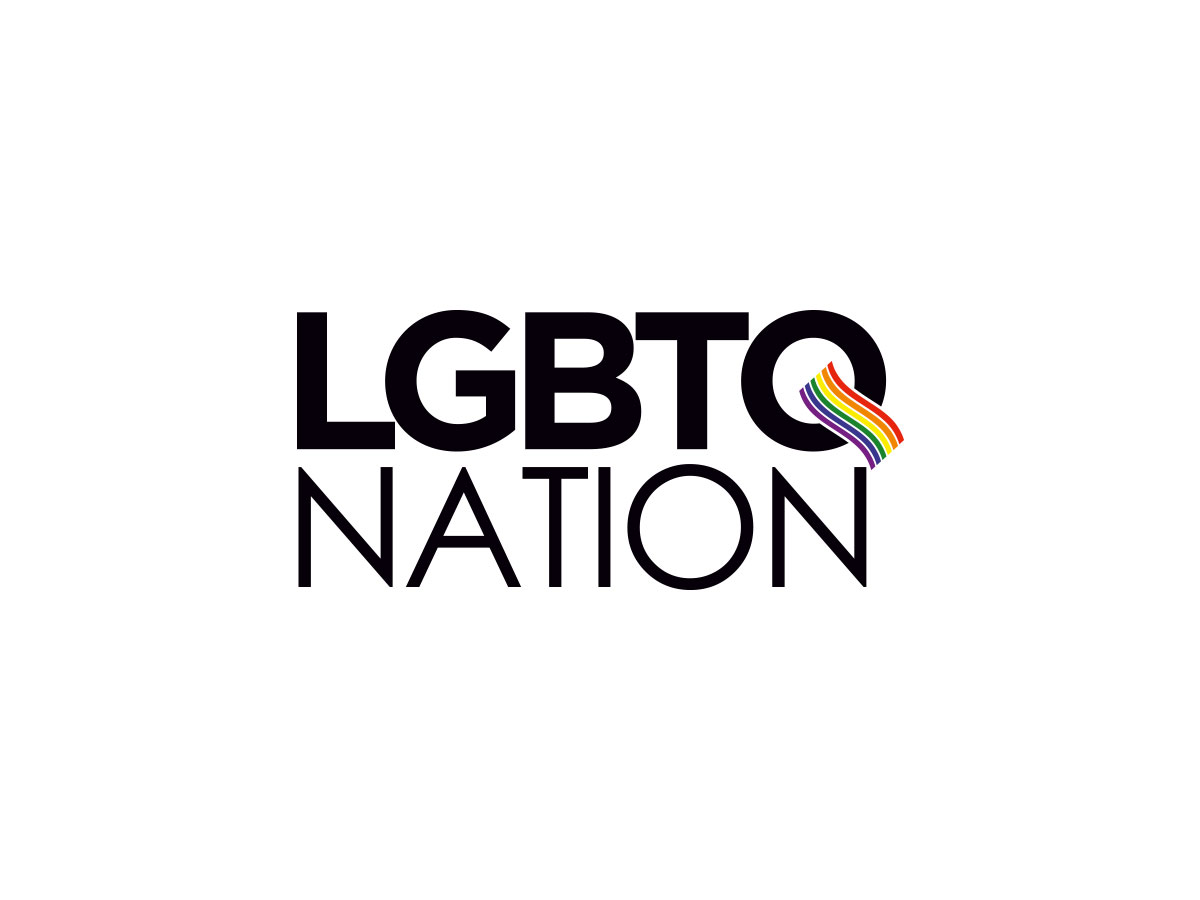![“Ryland [pictured] is very happy to be part of this project,](https://lgbtqnation-com-assets.imgix.net/2015/07/150306123242-digital-shorts-raising-ryland-orig-00005018-exlarge-169-400x225.jpg?auto=format&auto=compress)
Filmmaker Sarah Feeley recently completed her strongest work to date: a short film called Raising Ryland.
The film focuses on a six-year-old named, yes, Ryland. From birth, Ryland had two pieces of information that he needed to impart to his parents. The first was that he’s deaf. The second was, despite displaying female characteristics, he’s a boy.
Feeley is on a singular mission to “amplify the voices we don’t frequently get to hear.”
“One of the ways children learn about themselves and their world is through modeling,” she told LGBTQNation. “They look to see themselves reflected in their environments. For an LGBTQ child, it may be difficult to find positive, affirming reflections in your family or the wider world. I was a child who wanted to belong and struggled to fit in. Back then, being different felt like the worst possible thing. “
Never Miss a Beat
Subscribe to our newsletter to stay ahead of the latest LGBTQ+ political news and insights.
As an adult, she’s found solace. “My partner, Ali, inspires me every day. I am so grateful to have her in my life.”
In the last few years, several “voices we don’t get to hear” reached out to Sarah; voices of LGBT kids who found they couldn’t continue fighting the bullying and rejection and wanted to end their lives. “I believe all people deserve to be wholly known and loved for who they are,” she says. “I wanted to make this film because I was heartbroken by the rising number of LGBTQ youth who felt so hopeless and unloved or unlovable that suicide seemed like their best option. When we share our stories, we become visible and reduce shame.”
Sarah set out to find her Ryland and tell his story. “I wanted to share an LGBTQ-affirmative story so that more parents could learn how to create a safe and supportive space for their children; to find inspiring and positive stories that might give a struggling young person hope.”
While researching the film, she narrowed her focus to the transgender journey. “I see gender as a universal issue. It plays a major part in how we relate to one another as humans. In Western culture, gender is often understood as an absolute binary that comes matched to a person’s anatomy. It’s easy to dismiss people whose lives we don’t understand; whose experiences seem far away from our own. I started with the hope that sharing Ryland’s story would help open minds and bring people closer together.”
In the film, Ryland’s parents make it clear why they signed on to the project: “41 percent of transgender people attempt suicide. 41 percent! That’s what it comes down to: do we want a living son, or a dead daughter?”
Ryland himself was eager to participate. “Ryland is very happy to be part of this project,” says Sarah. “He wants the world to know that it’s okay that he has cochlear implants and that he’s transgender.”
Transgender activist and author Siobhán Patricia Lynch is not convinced this kind of film –– which she considers “fluff” –– is a good approach.
“I have mixed feelings,” she says. “A lot of my issues revolve around the privacy of the trans kid. When I was young, I would have given anything to be identified as a girl. We don’t know how these kids will feel in their teen years, after their parents have made the choice to ‘out’ them to the media: ‘Look at us; we’re great parents!’ It seems bizarre. Trans issues have become the new rights battle –– but it comes at a price to all the individuals who are now front and center. I made that choice for myself. I feel this kind of story is told at the expense of the children who are still trying to figure out who, or what, they are.”
Lynch recently voiced these concerns in an article called “The Trans Reality: Not All Feel-Good Fluff,” in which she writes: “The reality is: we don’t live charmed lives, we’re not fluff pieces, we’re the tragedy, And this increased visibility is going to make things worse for trans adults before it gets better.”

Sarah responds, “That’s interesting. I haven’t heard that reaction. I agree that violence, discrimination, and depression are huge issues facing adult transgender people. That’s another story that needs to be told. I hope sharing Ryland’s story helps promote a culture of understanding, where people feel free to live authentic lives. The audience response has been overwhelmingly positive. We’ve received notes of encouragement, gratitude, and appreciation from people all across the country and around the world.”
Next up: Ryland’s story will be expanded into a feature film. “I want to dive deeper into Ryland’s story and the transgender experience. People from around the country have been donating to our fundraising efforts. We still have a long way to go. Every donation, no matter how large or how small, helps us move closer to our goal. People can individually donate by visiting this link.”
As for her critics, Sarah says, “My personal connection is empathy. Making a film is noisy, so it can be hard to hear your gut. Trust in your team. Trust in your subjects. Making this film is love. Love is the mission.”
Raising Ryland will be featured at OutFest in Los Angeles on July 16.














Meet the filmmaker who wants to save little kids who feel “different”